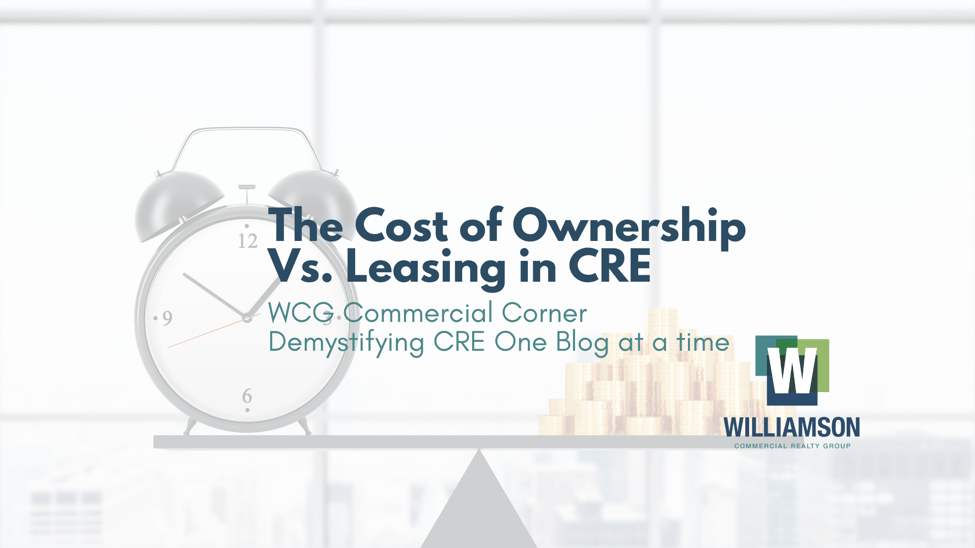Overview
When it comes to commercial real estate, one of the crucial decisions faced by business owners is whether to buy a property or lease it. Both options have their advantages and considerations, but understanding the key differences in cost and ownership can significantly impact your bottom line. In this blog post, we will delve into the comparison of the cost of ownership versus leasing, helping you make an informed decision that aligns with your business goals.
The Cost of Ownership
Purchasing a commercial property offers several advantages, including long-term stability and potential appreciation. However, it also comes with a higher upfront cost and ongoing financial commitments. Here are some key aspects to consider regarding the cost of ownership:
- Initial Investment: Owning a property requires a substantial initial investment, including the down payment, closing costs, and potential renovation expenses. This can strain your finances and tie up a significant portion of your capital, affecting your ability to invest in other areas of your business.
- Mortgage Payments: Unless you can afford to pay for the property outright, you will likely have to secure a mortgage. Monthly mortgage payments are generally higher than lease payments, as they include the principal amount and interest. However, over time, these payments contribute to building equity in the property.
- Property Maintenance: As an owner, you are responsible for the property's upkeep, including repairs, maintenance, and improvements. While these expenses allow you to maintain control over the property's condition, they can also be unpredictable and potentially add up over time.
- Property Taxes and Insurance: Property taxes and insurance are ongoing costs associated with ownership. The tax rate varies based on the location and value of the property. Insurance premiums are essential for safeguarding your investment but can add to your overall expenses.
- Depreciation and Resale Value: Although properties can appreciate in value, they can also depreciate over time, depending on market conditions and property maintenance. The resale value of a property is influenced by factors such as location, demand, and economic trends.
The Benefits of Leasing
Leasing a commercial space provides flexibility and reduces the upfront financial burden. Here are some considerations regarding the cost of leasing:
- Lower Initial Costs: Leasing a property typically requires a smaller upfront investment, often limited to a security deposit and a few months' rent. This frees up capital for other business needs, such as inventory, marketing, or hiring additional staff.
- Predictable Expenses: Lease agreements usually come with fixed monthly rental payments, allowing for more accurate budgeting and forecasting. Unlike ownership, the responsibility for major repairs and maintenance often falls on the property owner or landlord.
- Location Flexibility: Leasing provides the flexibility to choose a prime location that aligns with your business needs. As your business grows or changes, you can easily relocate to a more suitable space without the constraints of selling a property.
- Tax Deductibility: Lease payments are often tax-deductible as a business expense, providing potential tax benefits. It's essential to consult with a tax professional to understand the specific deductions available in your jurisdiction.
- Limited Exposure to Market Fluctuations: By leasing, you can avoid the risks associated with property value fluctuations and market uncertainties. This can be particularly advantageous during economic downturns when property values may decline.
Conclusion
Choosing between owning and leasing commercial real estate involves careful consideration of the financial aspects and long-term goals of your business. While ownership offers stability and potential appreciation, it requires a higher upfront investment and ongoing financial commitments. On the other hand, leasing provides flexibility, lower initial costs, and reduced responsibility for property maintenance.
Ultimately, the decision should align with your business's unique needs, growth projections, and financial situation.
Contact Us:
Contacting us is easier than designing your new dream commercial space.
Client Focused | Solution Driven | Commercial Realtors

